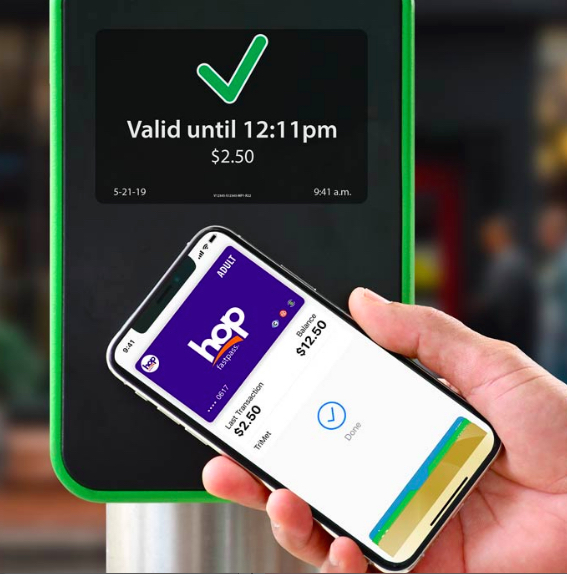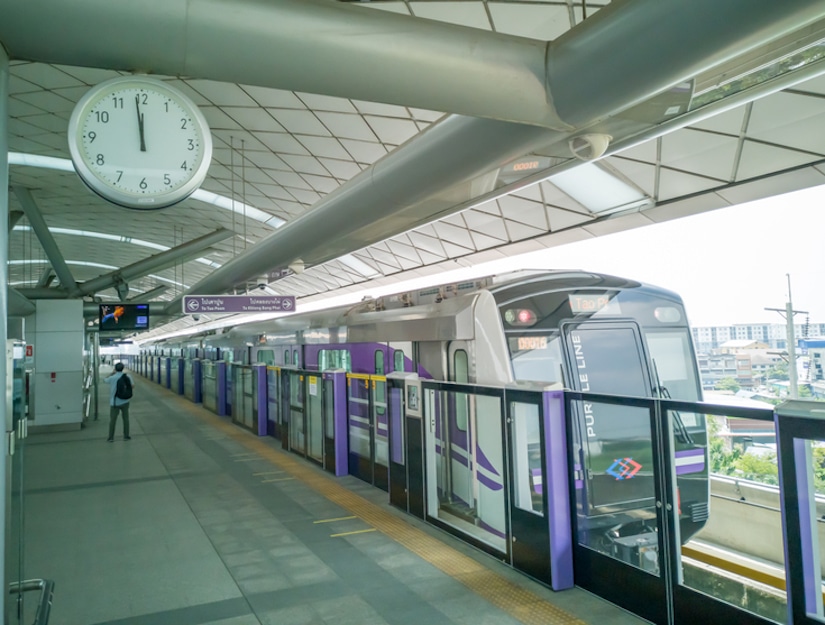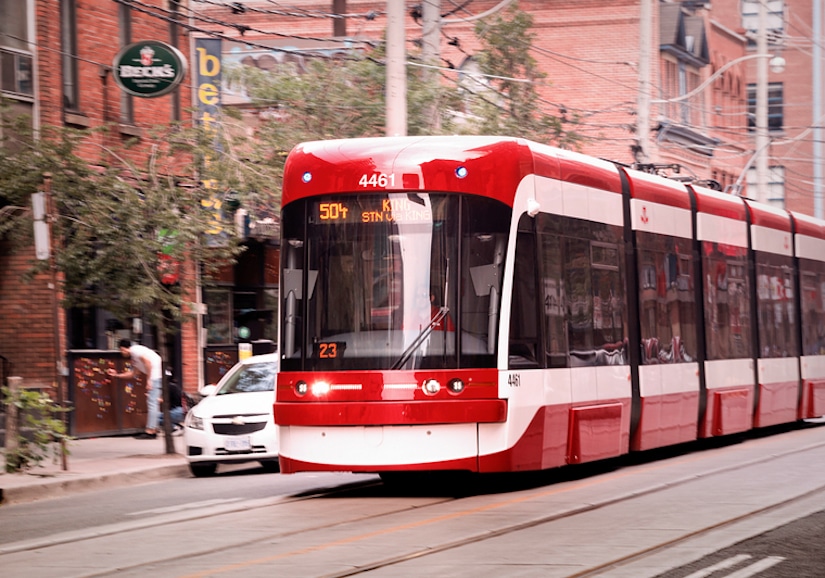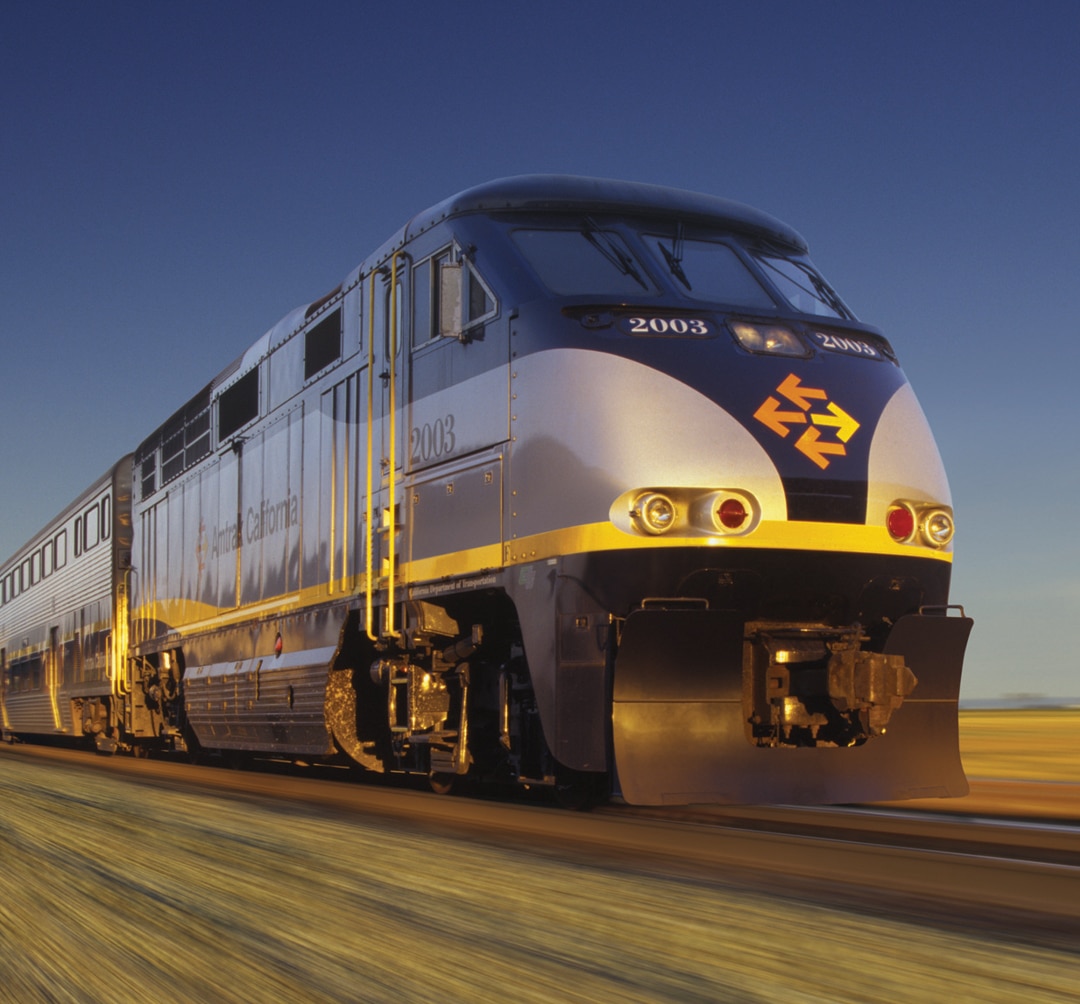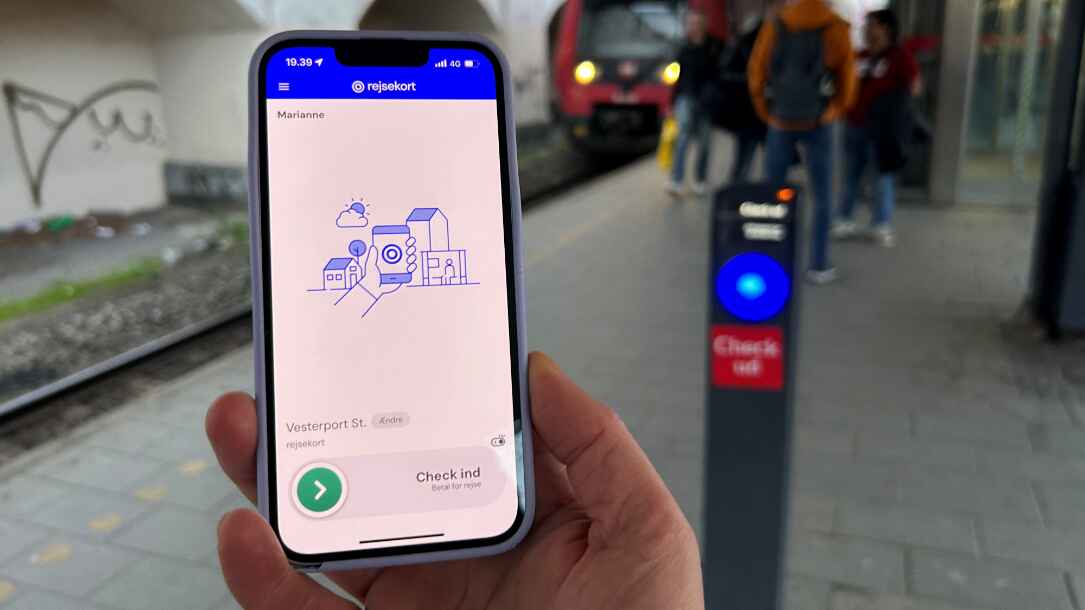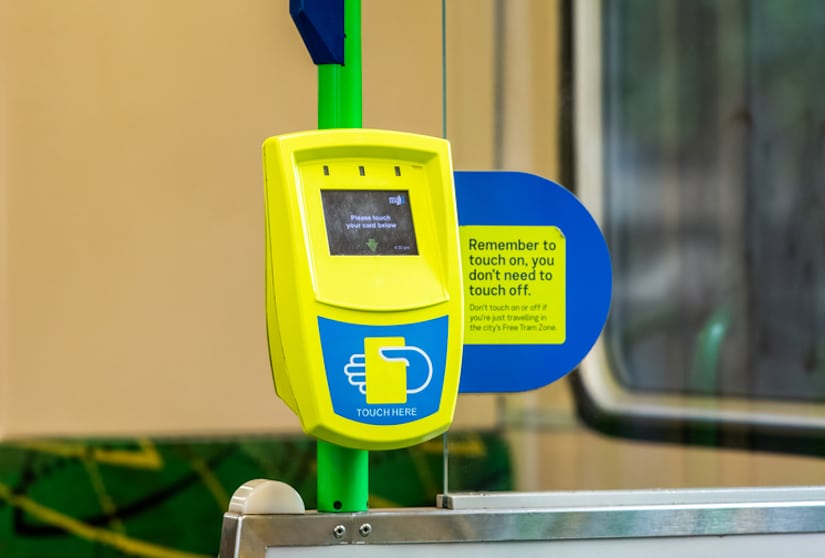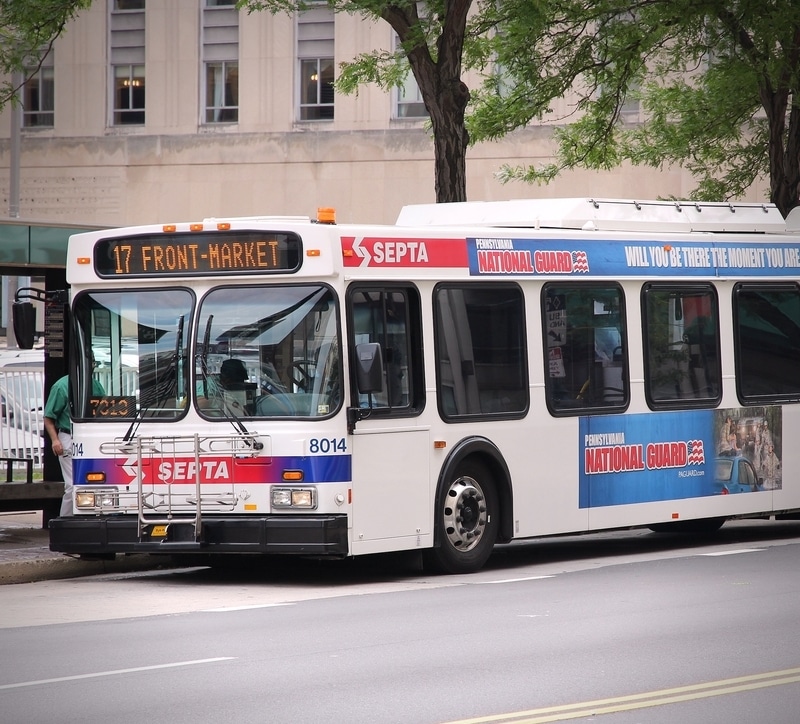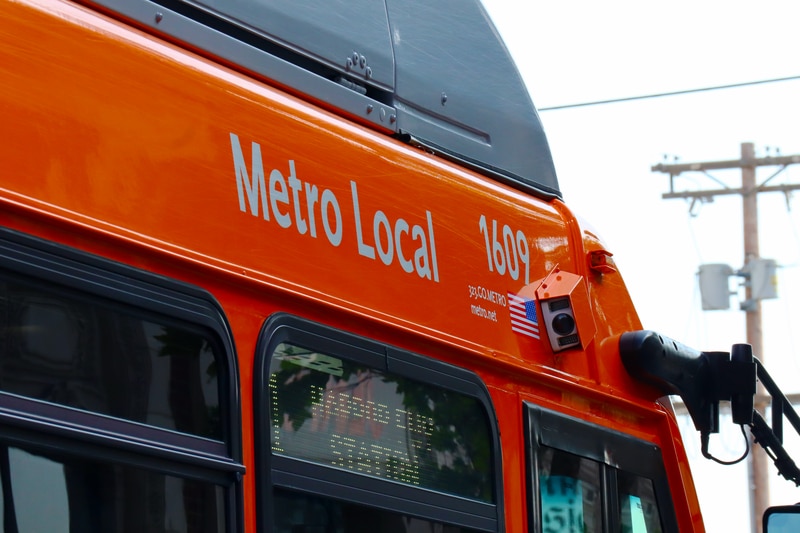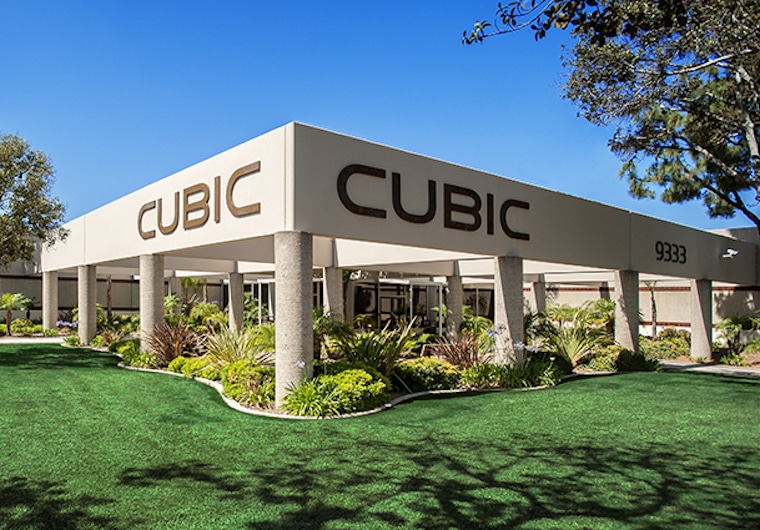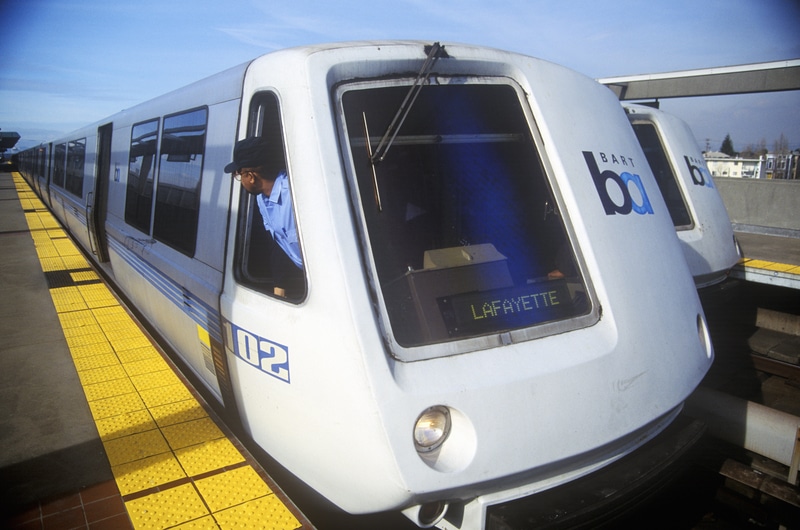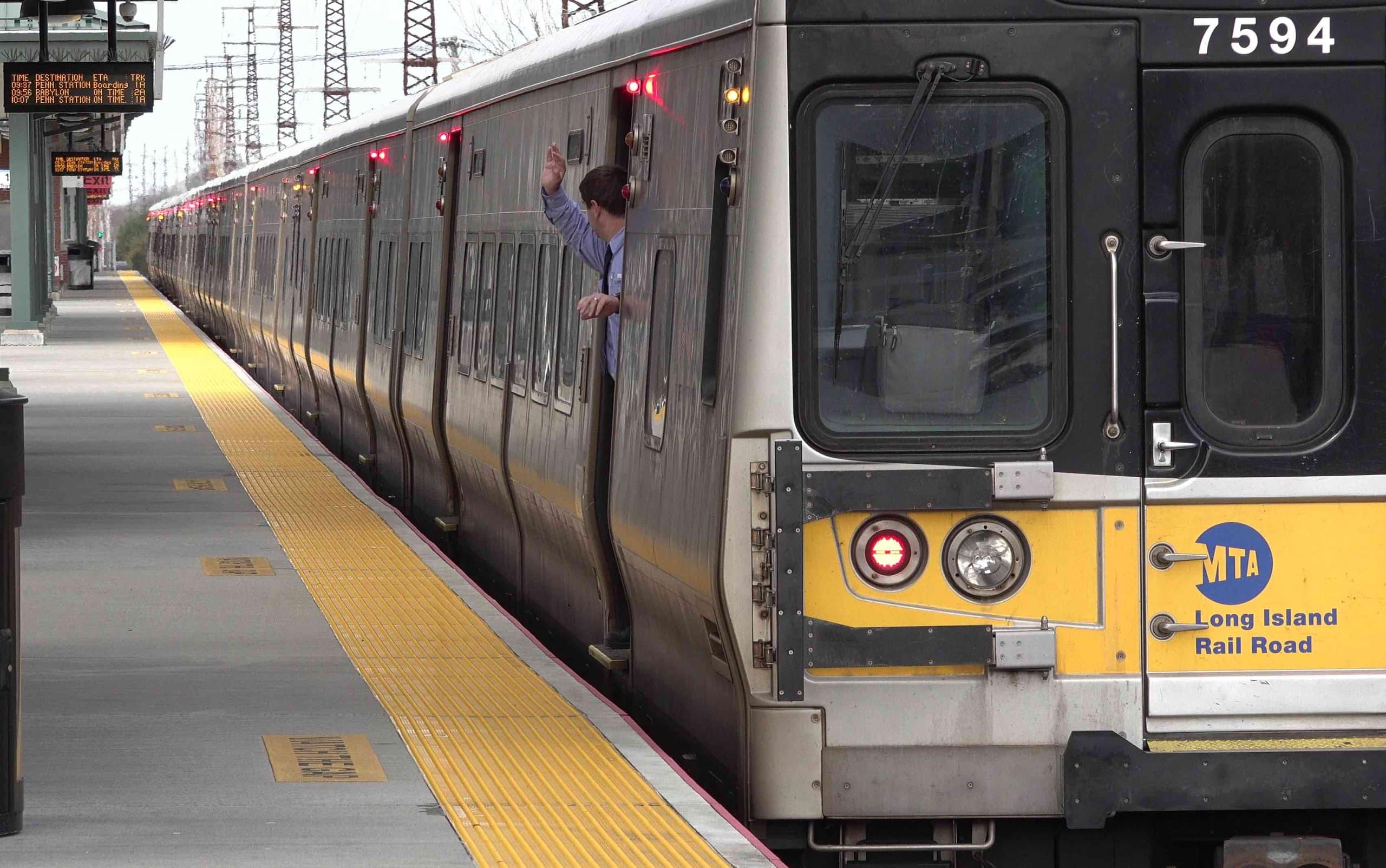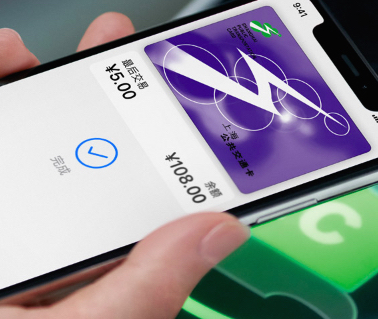
Article Highlights
Apple, which like other NFC-based Pays wallets, has a low mobile payments market share in China in the face of competition with dominant wallet apps Alipay and WeChat Pay. That’s one reason Apple wants to increase the utility of its Apple Pay service by supporting transit payments in more cities in the massive Chinese payments market. Interoperable T-Union closed-loop transit cards can be used in more than 250 cities throughout mainland China.
• Apple
• China UnionPay
• Octopus Cards Ltd.
Apple on Wednesday expanded support for closed-loop transit payments across China, incorporating China’s T-Union interoperable transit cards in its Apple Pay service.







